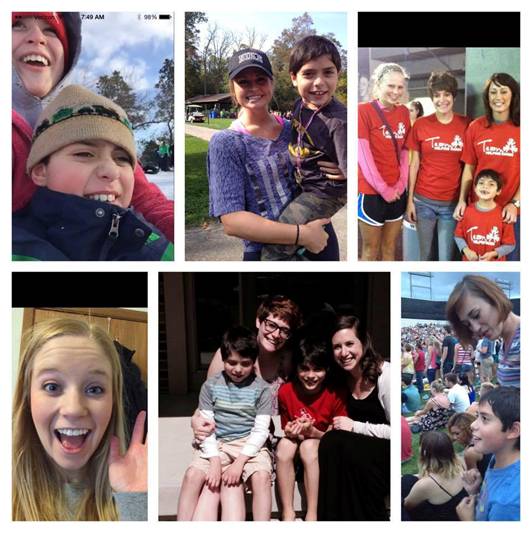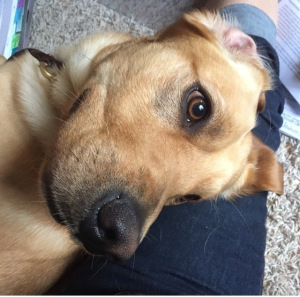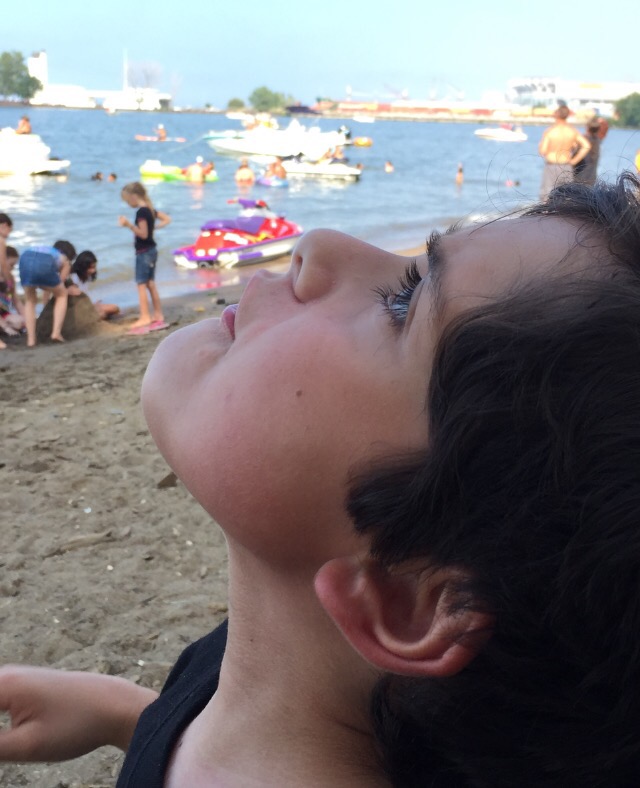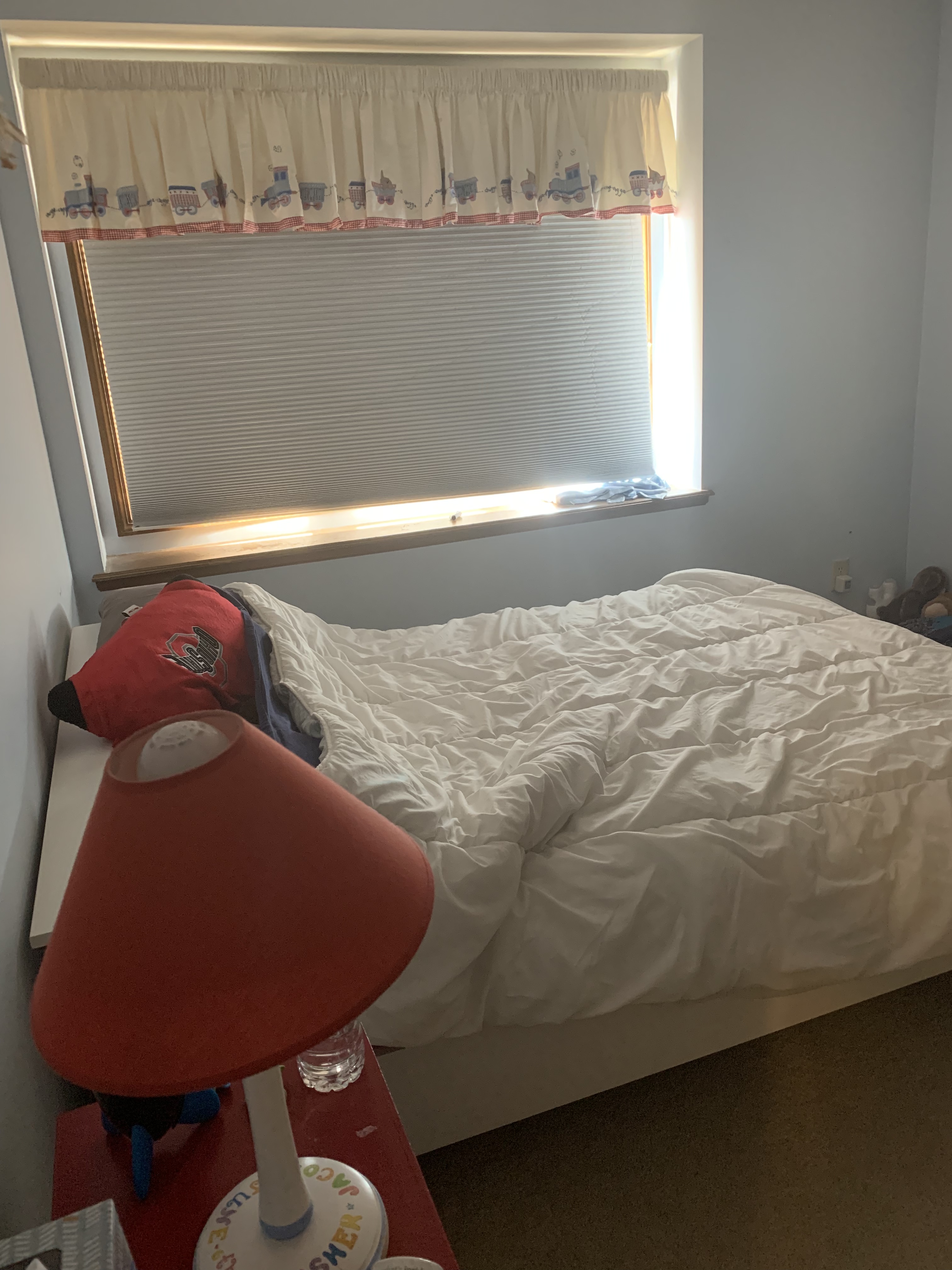Many hours spent on bridges and docks and piers. Don’t be confused by his face. You are not looking at boredom.
The topic of boredom for A2 has not dissipated for us since I first wrote about it in 2015. Instead it has become far more complex and it has teased out some things I have always known and some things I never realized.
A2 still desires socialization. He will still stand at the back window looking through the trees to see if the neighbors are out playing basketball. He will sadly ask to go over, reflecting he is already aware of the answer. At 14, play dates with adults present are no longer planned. Other kids really like A2–he is friendly and sweet and makes anyone near him feel special. But they are no longer referred to as “friends” like they were when they were nine. Instead, they are now “peers”. While in 2015, that would spark a bit of resentment, today it only makes me just a little bit wistful while I wait for the existential slide of middle schoolers through their developmental rite of passage of becoming their own person in a social world. They might soon recognize just shooting hoops without playing a game is ok. A shared popcorn in a movie theatre side by side is ok. Cheering on the Buckeyes or the Clippers and high five-ing is ok. We can wait. That is hope.
A2 still cannot initiate or maintain a leisure activity at home other than switching out screens and still will pace anxiously asking, “Wha’ is da schedule?” until we show him that we indeed have a schedule and potential order to the day, even if he cannot read it. Even if we don’t follow it. (Side note: I have recently had the notion that A2 thinks there is some magical schedule every single day that somehow everyone around him is aware of but him. We all know know what comes next and we are just holding out on him). In the last 5 years though, I realize he asks more for activities than he does people. And when he does ask for people, he asks for me or his dad. And sometimes his grandparents or uncle, which I always found unusual since he spends very little time with any of them.
You see, I now recognize I cannot untangle the wiry, rat-king ball of Christmas lights to always determine what strand is boredom and what is loneliness. Let’s face it, I think most parents are ok with their child being bored, but rarely are any of us ok with them being lonely. I have had to tease out what just LOOKS like boredom or loneliness. Which wires are behavioral challenges and which are moments he is attempting to communicate or capture the attention of someone else. Maybe it is not boredom at all. He may be in deep contemplation of some visual detail around him and as he sits and stares off, he may not be waiting for his personal conceierge, driver or tour guide to whisk him to the next place or engage in discussion over what he sees.
Sometimes this is hard to see too because A2 is so joyfully involved in so many things. He plays baseball every summer for the Miracle League. He is a state champion bowler with the Special Olympics. He loves the zoo and the science museum and Chuck E. Cheeses. A2 lives for summer for crowded festivals and concerts and baseball games. In the winter, he figured out how to find the movie theatre app on my phone and has actually purchased seats to movies (unbeknownst to me). He lives for Columbus Blue Jackets Hockey but seems ok with defaulting to OSU hockey or women’s basketball (which is $100 less a seat!). We are groupies one Friday night a month at a local bar where his favorite band plays and they keep the french fries coming. There are times we are surrounded by so many people, yet we are still experiencing all this excitement completely alone–shared just between the two of us.
I have realized my boredom and his boredom are not intertwined. We have stood on docks of piers in major cities and watched the boats and barges and helicopters fly overhead for hours at a time. We have sat on similar docks with still waters at the end of quiet meadows watching the ducks drift by. We have paced the length of regional airport lobbies watching single engine planes take off and land. We have spent countless hours of outings like this for years, where even during extended family visits, they will choose not to attend because these ARE the activities that he wants to do. I have learned to let go of sadness of not feeling important enough to share the space of our leisure or the recognition I have spent 1000 afternoons bored and lonely and might want some company for my overactive amygdala and ADHD brain.
Instead, I learned to Just. Be. Present.
And just like that, I recognized A2 is not bored or lonely in those long afternoons. It is me. And he and I are not the same person. I started noticing the art and details and patterns around me. I started noticing when the light was “just right”…or when it was about to be. I started noticing ambient noise that is drowned out by attention grabbing sounds (which, by the way, are typically man made). I also started noticing when I was not in the right mindset to go sit for so long and started teaching A2 to be considerate of my feelings time to time in those moments and how to compromise. He is empathetic and has the capacity to learn that and should, just like every other teenager.
I have so many more thoughts and concerns about the topic of Boredom and how it manifests in our Autistic Family in 2020, but during this global pandemic that has moved from social distancing to sheltering-in-place to quarantines, I recognized that there are many, many folks out there that are experiencing boredom or loneliness on a level they never have. For those of you who that description fits the bill, look to your autistic friends or caregivers. We all still have the capacity to be entertained and to communicate and to keep busy. I find people are not sure what to do with a slower pace, a smaller world filled with uncertainty or with believing their time is being spent without the perception of productivity or an end result. Us Autism Families live on a higher plane of living than what modern society has sold us all. Ask us. Most of us are happy to include you on how to navigate this much more familiar place.

While A2 is the most fun loving, joyous person you will ever meet and lovess to be on the go–like many children with Autism he struggles with extreme boredom since he requires adult intervention to choose, initiate and maintain activities. His explicit expression of wanting to play with other kids is emerging but often it leaves him alone knocking on the back door window as he watches children playing unsupervised across the street.














 There are some days that my heart breaks selfishly a bit.
There are some days that my heart breaks selfishly a bit. My brother and I were sitting on the couch chatting about politics last winter when I showed him a segment from the
My brother and I were sitting on the couch chatting about politics last winter when I showed him a segment from the 


